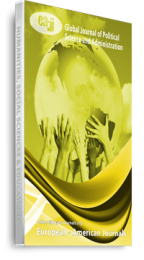Countries often have rich cultural backgrounds that are sometimes entwined with religion. While such complexities might be intangible, they sometimes have physical representations that might be in the form of monuments or buildings that have historical, cultural, and religious import. Further, these elements feed into the politics of a country due to their inherent significance and emotive nature. As a result, decisions involving the status of such matters carry internal political implications and, given the increased globalization of the world, also affect geopolitics and inter-country relations. In the early days of July 2020, the Turkish Council of State repealed the cabinet decree that had turned the Hagia Mosque into a museum[1]. President Recep Tayyip Erdoğan would soon after sign a decree that transferred the administration of the mosque to the Presidency of Religious Affairs, which subsequently opened it to worship. Additionally, a Turkish court also annulled the decree that had turned the mosque into a museum in 1934[2]. This was not the first time the Hagia Sophia had changed hands. Emperor Justinian of the Justinian empire had the Hagia Sophia built as a church in 537. Centuries later, Mehmed the Conqueror would convert it into a mosque in 1453, and it would remain as such till 1934 when the now-repealed decree turned into a mosque. The momentous decision has far-reaching cultural and political implications given the centrality of the mosque to Turkish religiously charged politics. Despite the country priding itself as secular, 99% of its population is Muslim, with the other one percent being divided among various Christian denominations, Judaism, and other smaller religions[3]. As such, the Hagia Sophia is as much a cultural as a political symbol.
Keywords: Political Conflict, foreign affairs, national identity, political risk

